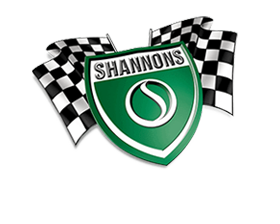Specifications
| Engine | In-line 4-cylinder, 1003cc |
|---|---|
| Gearbox | 3-speed manual |
| Body Work | Sedan |
| Colour | Mid Blue |
| Interior | Blue |
| Trim | Cloth |
| Wheels | Steel disc |
| Brakes | Drums |
Description
Introduced at the Paris Motor Show in 1937, Renault’s Juvaquatre was an affordable family car featuring a modern, all-steel body design with integrated headlamps, initially sold in two-door guise joined soon afterwards by four-door berline (saloon), brake (station wagon) and cammionette (van) derivatives. Powered by a side-valve four-cylinder engine displacing 1003cc, the Juvaquatre’s water-cooled unit was rated at just 23 horsepower, combined with a three-speed manual transmission with synchromesh on second and top gears. The Renault was independently suspended at the front. The rear made do with a rigid back axle using transverse leaf springs and mechanical drum brakes at first, updated to a Lockheed hydraulic system in 1939. Bearing a strong resemblance to Opel’s Olympia, the Renault’s streamlined bodywork belied the largely conventional mechanical specification underneath. The Australian version, marketed as either the Renault Eight or Nine and standard features on the latter included an electric clock, an electric horn, twin windscreen wipers, a dipper switch and removable rear seat. Following the war, the Juvaquatre was marketed alongside the 4CV, moving into a role as a commercial vehicle, popular with tradesman in France and beyond. Today only a handful exist outside France, with few right-hand drive examples running of the several hundred originally sold in Australia.
























